🦷 A Short Article on Upper Partial Dentures
Partial dentures are dental prostheses that replace some missing teeth in the mouth and can be taken out and put back in.
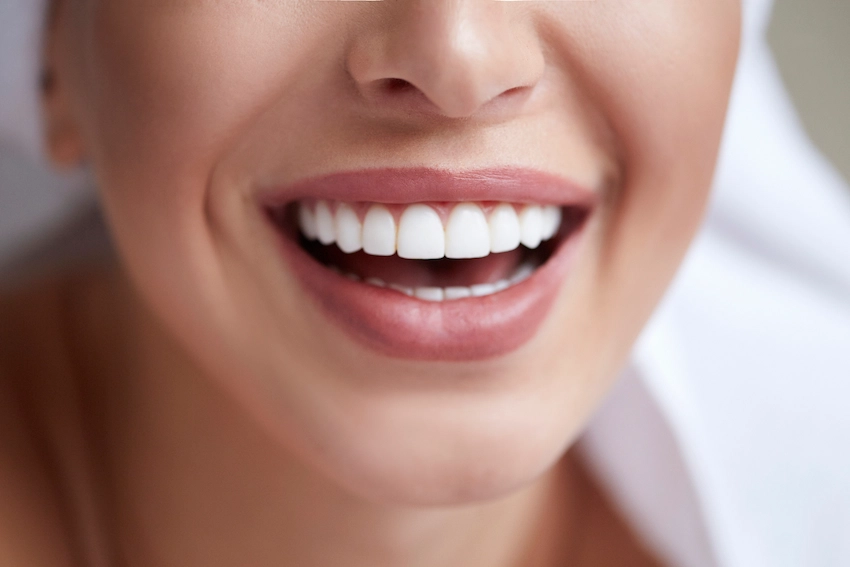
Upper partial dentures are dental appliances that are not fixed in the mouth and are designed to replace one or more missing teeth in the upper jaw. These prostheses are mainly made of a plastic base that is positioned over the gums and artificial teeth that are part of the base. Teeth replacements are manufactured in a way that the color and form correspond with those of the surrounding natural teeth. Upper partial dentures are retained in the patient’s mouth by natural suction or by connectors, typically metallic clasps that clutch the natural teeth that are left. In this way, they will be less expensive than other treatment modalities such as dental bridges or implants, and they can be detached for cleaning and maintenance.
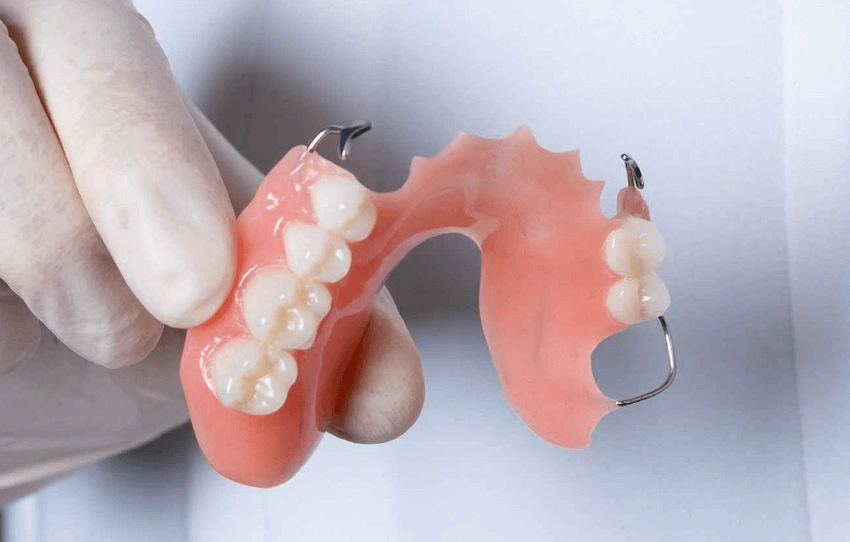
Before deciding whether upper partial dentures are suitable for you, it is imperative to undergo a comprehensive dental check-up and a dental consultation with the dentist. Your dentist is capable of appraising the health status of your mouth, presenting your alternative treatments, and outlining the benefits as well as the drawbacks of wearing upper partial dentures.
What Happens When Prostheses of Upper Partial Dentures Displace?
Indeed, upper partial dentures can be dislodged or moved around, causing discomfort or even embarrassment. The factors constituting the displacement may encompass:
- Poor fitness: If the denture is not in harmony, it can be a cause of a feeble bond and result in poor retention.
- Loss of retention: When there is a lack of retention, your denture will not be in a stable position, and it tends to move when speaking, eating, or drinking.
If upper partial dentures are continually shifted, open access to a dental professional is crucial. They can alter the fit to make sure the denture does not move if it is necessary. Moreover, a diagnosis of the cleaning process and regular scheduled cleaning will help in avoiding their movement by keeping both the mouth and the gums healthy.
Upper Partial Dentures: Aesthetic Care with Dental Implants
This write-up delves into the articulation of dental implants together with partial upper dentures that eventually result in a higher aesthetic effect and patient comfort. It elaborates on the aspects to be taken into consideration in the design context and the steps to be followed in order to properly merge these two types of dental remedies.
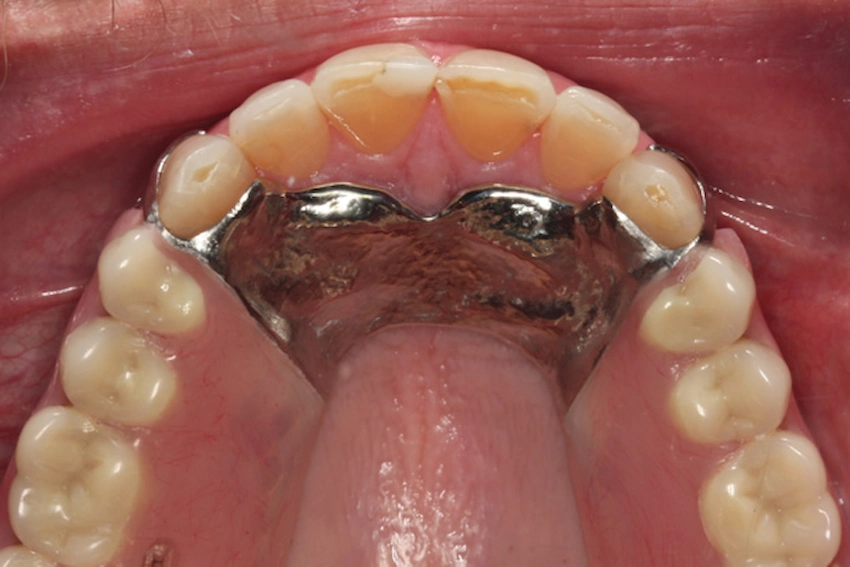
The main attention is on the improvement of both the good looks and the effective use of dentures due to the solidity achieved by implants. On the contrary, at the same time, it is predicted that this method can greatly affect patient satisfaction and bring about long-term oral health advantages. Among the factors that will determine whether or not a person will be satisfied with the appearance of his/her dental implant is the:
- Your expectations: One of the most important things before the method of receiving implants begins is that you need to have the right image of your goal in mind. By having a conversation with your dentist and by reviewing the images captured before and after the operation, you will be able to recognize the goal that you find satisfying.
- Doctor’s expertise: A person who is skilled and with a desired level of experience will most definitely be of great significance when it comes to the success of your dental implant treatment. Through this, the professional will be more empowered to meet your needs.
- Your oral health: The general condition of your oral health can certainly affect the result of your dental implant treatment. The treatment may not begin if you suffer from other diseases, such as gum disease, until they are cured.
- Quality of materials: The materials used for your dental implants also have a direct say in the result. The newness of dental implants and the restorative materials is more natural-looking and likely to last longer.
Selecting a qualified and experienced dentist, practicing good oral hygiene, remaining optimistic, and using premium products means that you can receive successful aesthetic results of dental implant treatment and are more likely to be satisfied with these results.
Can I Eat With My Upper Partial Dentures?
Yes, you absolutely can eat with upper partial dentures. However, it will take a while to get used to eating with these dentures, especially if you are a beginner. The following are the tips for an easy and smooth transition:
- Begin with soft foods: Start by eating soft, easily chewable foods such as mashed potatoes or soup. Add the more difficult ones as you become more comfortable with your dentures.
- Chew slowly and evenly: Eat your food at a slow and even pace to avoid moving or slipping of the dentures.
- Do not eat sticky or hard foods: Sticky or hard foods, for example, caramel or popcorn, can add extra pressure to your dentures and, as a result, they will tend to shift or even come off.
- Use both sides of your mouth: It is better to chew right and left sides alternately to give equal pressure to both sides of your mouth and distribute the food in a better way in your mouth.”>When you eat, try to distribute the bites equally among the right and left parts of your mouth to apply pressure on your remaining teeth evenly.
- Avoid biting with the front teeth: Keep your mouth intact with the front teeth and don’t bite so hard on it, with the result that the dentures keep coming out.
With practice, you will be able to eat any of your most preferred foods with trust as you put on upper physical dentures. In case you feel any discomfort or face any challenges with the dentures when eating, it is very necessary to visit the dentist for evaluation.
Should I Keep My Partial Dentures On When I Go to Bed?
Yes, you can wear them, but it is not recommended to sleep with partial dentures as you need to give your gums and the tissues underneath the dentures time to relax and rejuvenate. Taking your dentures off at night can also help you stay away from possible troubles such as tooth decay, gum disease, and fungal infections etc., which may arise. However, if you have a strong intention to wear your partial dentures while sleeping, it is necessary to do proper cleaning of them before going to sleep so that the food particles and the plaque formed throughout the day are removed. It is crucial as well to have good oral hygiene by brushing your natural teeth, gums, and tongue so that you go to bed with a clean mouth and thus prevent your mouth from bad breath odor or other oral problems. This will keep your mouth healthy and fresh.
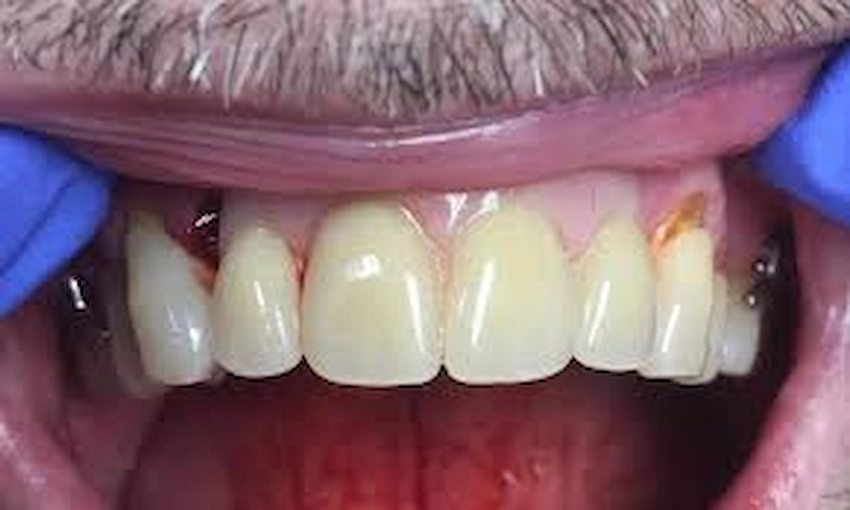
It is not a secret that a majority find it uncomfortable if the dentures remain in their mouths during sleep, and it is the discomfort or getting used to the new feeling that affects them. If you are one of the people who are in this situation, you can put them in a special box, clean them, and then, when you are brushing your teeth and gums in the morning, you can wear your partial dentures back. Trained dental professionals will support you all the time with their directions and suitable options aimed at addressing your needs and preferences.
Different Types of Dentures: An Overview
This comprehensive manual extensively examines the various kinds of dentures that are available to those who need dental appliances. The article explains types of dentures, such as full and partial ones, with particular emphasis on their usage, pros, and cons. Modern denture materials, like flexible ones, are particularly highlighted as they offer a better look and comfort in comparison to traditional hard dentures.
Besides, the guide also focuses on the creative ways of conducting certain tasks, for example, dentures. One kind of such appliance is an implant-based denture that not only is more stable but also can prevent the loss of bone. The instruction explains every step of the installation of the denture and getting used to it, emphasizing that a custom-fit is key to the best outcome. In addition, the guide offers some tips on how to take care of and maintain hygiene correctly, thus preventing instances of denture breakage and oral infections.
How to Properly Care for Your Partial Dentures at Home?
It’s crucial to maintain a clean and healthy smile if you use partial dentures. These are six vital recommendations for looking after your teeth whenever and wherever necessary:
Remove and wash the dentures after eating: The first step in cleaning denture care can be achieved by rinsing the dentures under running water after eating to remove the food that sticks and to prevent the possibility of staining.
Brush your dentures daily: Using a soft toothbrush with either mild soap or denture cleaner, gently brush your dentures to keep them clean. You should avoid toothpaste as the latter is abrasive and can thus spoil the material of the denture.
Soak the dentures during the night: It is advisable to leave the dentures in a cleaner as it will help to remove stains and kill bacteria. Most importantly, always carry out the cleaning according to the instructions provided by the manufacturer.
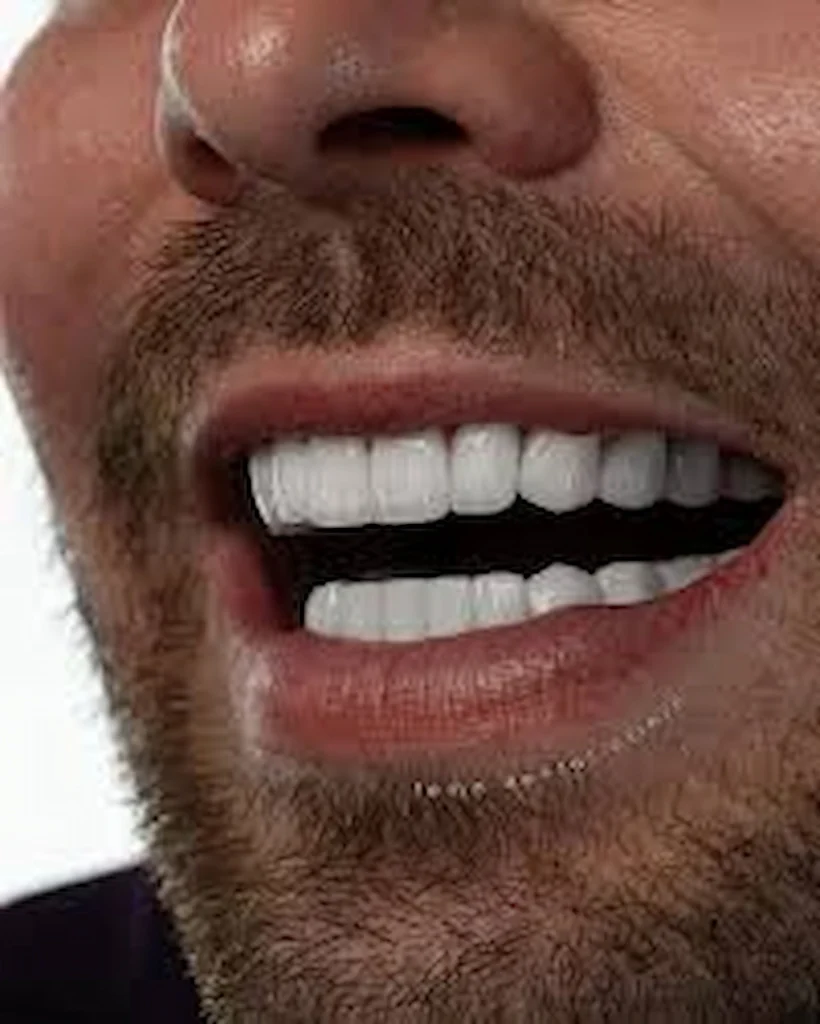
Clean your mouth and gums: After the dentures have been taken off, make sure you clean your mouth and gums with the help of a soft toothbrush that will eliminate the rest of the food particles and will also help combat infections.
Make regular visits to your dentist: Regular dental check-ups are an important part of making sure that not only your dentures are still fitting properly, but also that any arising health issues are being promptly addressed. Apart from the things mentioned above, you need to maintain the condition of the partial dentures by falling back on the following link and checking out their website.
If you opt for an implant-supported bridge as a continuation of the line of dental treatment after losing a few teeth, your smile can remain healthy and functional for a longer period of time.
FAQ: What is an Upper Partial Denture?
An upper partial denture is a removable dental appliance designed to replace missing teeth in the upper jaw. It is used when some natural teeth remain, helping to restore both function and appearance.
The partial denture is custom-made to fit the remaining natural teeth and gums, often secured with metal clasps or precision attachments. It fills in the gaps, allowing for easier chewing, speaking, and a more aesthetically pleasing smile.
When properly fitted, an upper partial denture can be comfortable and functional. It may take some time to get used to, but adjustments can be made for better fit and comfort.
With proper care and maintenance, upper partial dentures can last for several years. Regular visits to the dentist are important for adjustments and to ensure the denture remains in good condition.
Caring for your upper partial denture includes cleaning it daily with a soft brush, avoiding abrasive toothpaste, and storing it in water when not in use. It’s also important to visit your dentist regularly for checkups and adjustments.
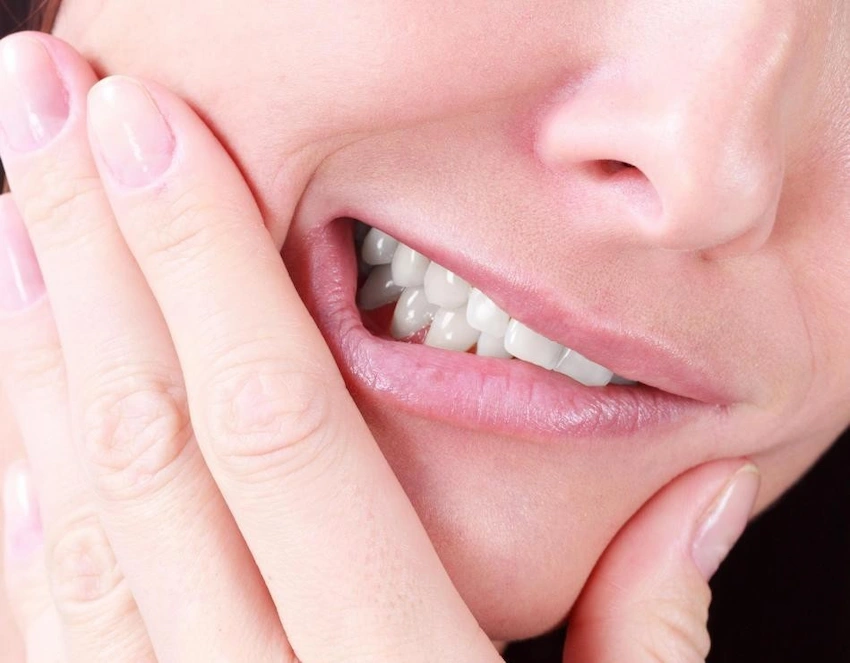




I’m considering upper partial dentures. What are the main benefits of choosing them?
Hello Tristian,
Upper partial dentures are a cost-effective solution for replacing multiple missing teeth, improving aesthetics, and restoring functionality. They are removable, making them easy to clean and maintain.
Can I eat normally with upper partial dentures?
Hello Gabriella,
Yes, you can eat with upper partial dentures. Start with soft foods, chew slowly, and avoid sticky or hard foods initially. Over time, you will adapt and can eat a variety of foods comfortably.
Do upper partial dentures require special care?
Hello weston,
Proper care includes daily cleaning with a soft brush, soaking overnight in a denture solution, and regular dental check-ups to ensure a good fit and oral health.